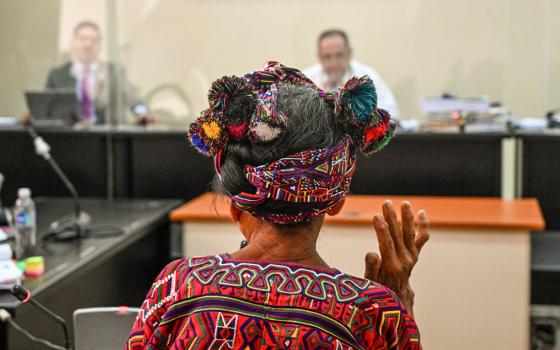Yes, there was a time when cooler heads prevailed, when laws were changed and progress made by both sides coming together to find a way. It was not all just a dream.
The "Campaign Stops" blog in The New York Times takes a trip down that particular memory lane, with a look back at the move to make contraceptives legal in Massachusetts -- with the help of Boston's powerful Cardinal Richard Cushing.
The article centers on the efforts of a then-young state legislator named Michael Dukakis, who came to know the cardinal and worked to find middle ground with him. Cushing, for his part, realized that, as he said in a radio interview in 1965, "I have no right to impose my thinking, which is rooted in religious thought, on those who do not think as I do."
Later that year, as the state legislature was considering a contraceptive bill proposed by Dukakis, Cushing issued a statement that read in part: "Catholics do not need the support of civil law to be faithful to their own religious convictions, and they do not seek to impose their moral views on others of society." He sought and got restrictions on the availability of contraceptives to underage people, and kept it at that.
The story is a fascinating look at how compromise can work -- and is a sad reflection on current times. Cushing was expressing what was then a popular notion: "Religious freedom" in a pluralistic society meant you couldn't always have your way all the time. It was the same idea John F. Kennedy expressed in his famous Houston speech of 1960. It was that speech, of course, that made Rick Santorum want "to throw up."
Cardinal Cushing -- who was, one might imagine, at least as good a Catholic as Santorum -- would disagree.




